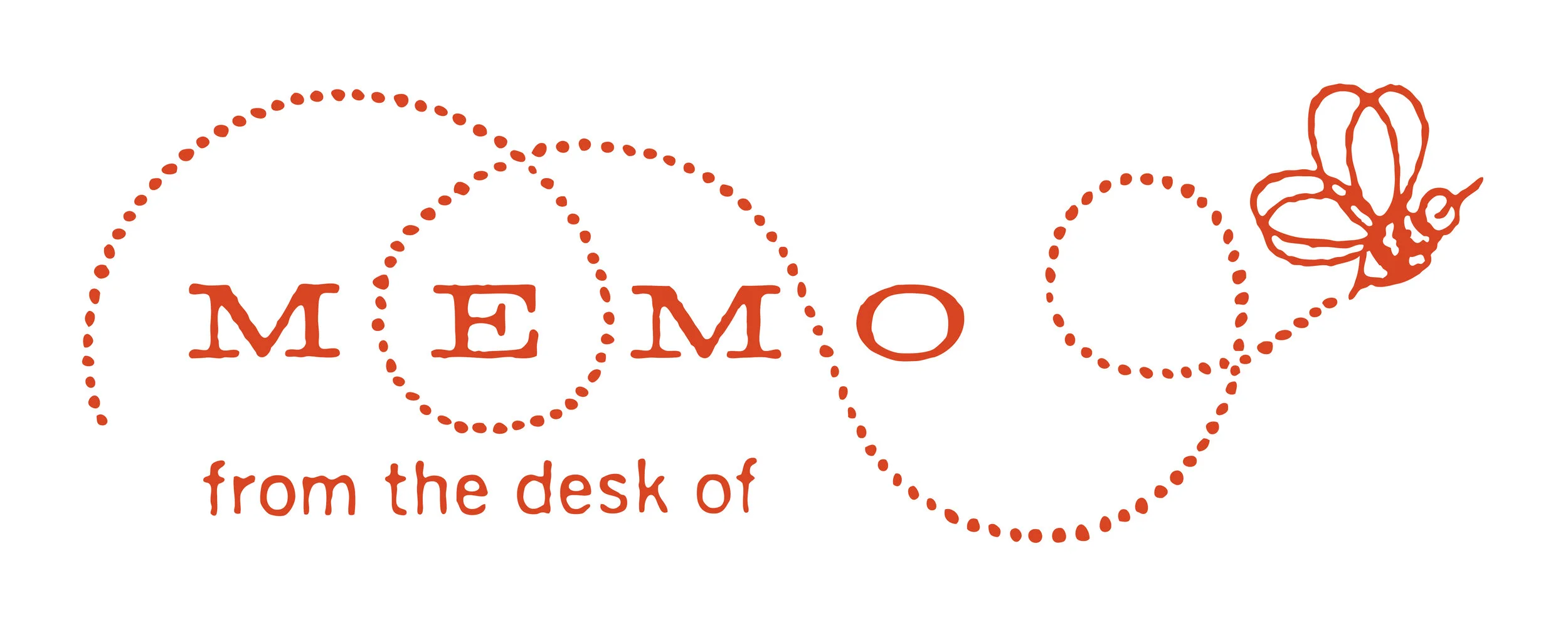“Please make sure to review and edit your written slides or notes before you present them to an audience in a professional or academic setting.”
Make Sure To Edit Your Presentations
The Basics of Writing
The Building Blocks of Reading Materials
“When you are first starting out in reading the English language, it’s important to incorporate reading materials into your weekly habits. It is a necessary complement to your learning and will help flex that muscle needed to retain both the grammar and the vocabulary that can drive your overall proficiency forward.”
Proper Email Etiquette
“In order to write good emails for your professional pursuits or for your career, you need to be able to understand the proper etiquette that comes with this kind of writing. If you are able to master the etiquette of emails, you will be able to do a good job in working well with others, being cooperative, and being considered a team player.”
On Writing Memos
“What is a memorandum you may ask? A memorandum or ‘memo’ is a type of written message passed along in a business for internal changes and review. Being able to edit, write, and understand memos is a key part of being successful in the business world. Memos are usually shorter in terms of written length and can range from as little as 100 words to about 1000 words depending on the subject matter.”
Writing Formal Letters
“Writing a formal letter has gone out of style with the rise of e-mails and text messages. However, it is not gone yet and if you would like to stand out as a great English writer, I really recommend you learn more about the art of writing formal letters. Writing a letter, in general, is great practice especially when it comes to developing your vocabulary and sentence structure.”
Using Worksheets to Succeed
”If you are learning a language such as English, it can be tough to justify doing homework and worksheets and additional activities. However, here’s a secret for you, dear reader: you have to do it as part of the learning process. In order to retain the knowledge, you have learned either through online courses, private lessons, or group classes, you need to have worksheets or activities in order to be able to remember what the concepts were that you have to put into practice.”
Creating a Resume
“What is a resume? To sum it up, it is the backbone of your professional background and experience summed up in a one or two-page document which you will be showcasing to potential employers and/or co-workers. It is not the sum total of who you are as a person but rather who you are as a worker and what professional skills you have to offer and to whom your skills would be useful for. In order to get a better job, to get a better salary, or to get that promotion to take the next step in your career, a good resume could make the difference between a ‘yes’ or a ‘no’ answer when it comes to you getting that employment opportunity.“
Colons
“The colon is very useful in the English language, but it is also considered to be a bit underused as a means of punctuation within the world of grammar. You have to understand the circumstances for which a ‘colon’ can be used as well as a few examples of when it can show up in a regular sentence. If you can master colons, you can definitely count yourself as being advanced as an English learner.”
The Art of Using Rhetorical Techniques
“Rhetorical techniques are used in English writing to convey a meaning or a sentiment that the reader understands and is able to relate to emotionally or otherwise. A technique like a metaphor or a simile is used to persuade a reader to consider the topic being addressed from a different point of view(s).”















